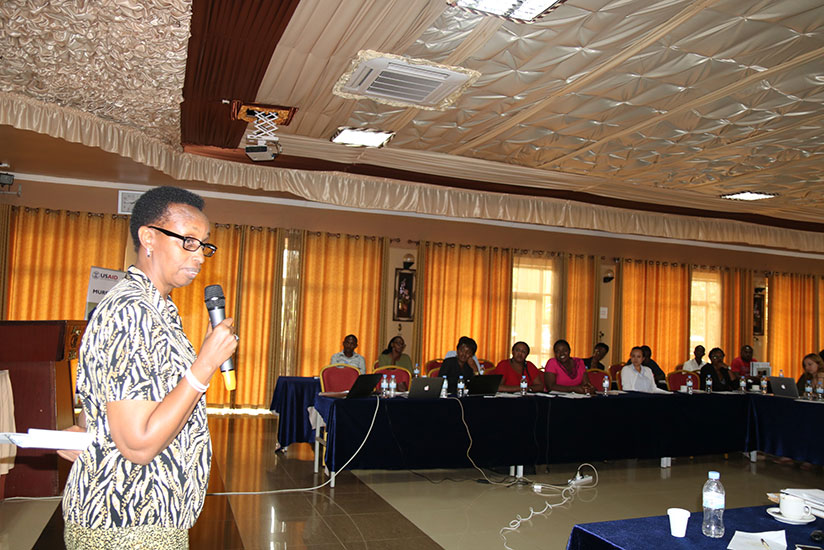Literacy issues are seldom discussed or promoted at community level and few parents engage their children in literacy-related activities such as reading for them or story telling, a new study says.


Literacy issues are seldom discussed or promoted at community level and few parents engage their children in literacy-related activities such as reading for them or story telling, a new study says.
The survey, carried out by Save the Children Rwanda, sought to assess knowledge, attitudes and practices regarding literacy, especially on the role of parents in childhood literacy through a vibrant reading culture.
The survey, whose findings were released last week in Kigali, was carried out in all districts of the country through ‘Mureke Dusome’ (Let’s read) programme last year.
Mureke Dusome is a four-year USAID-funded project designed to contribute to the Rwandan education sector under the Government’s priorities, with the goal to improve ability to read with fluency and comprehension among Primary One to Primary Three level pupils.
Speaking at the event, Monique Abimpaye, the senior research and evaluation specialist at Save the Children Rwanda, said all education stakeholders recognise the importance and the benefits of literacy where nearly 100 per cent of parents, children, head teachers and School General Assembly Committees say children should be exposed to books starting at a young age by learning how to read.
Abimpaye said most children do not have access to storybooks outside of school and reading practices remain low.
"Only 5 per cent of children reported having Kinyarwanda storybooks at home and 6 per cent have access to a library or somewhere in their community where they can borrow books and read,” she said.
Lack of time
Abimpaye said 24 per cent of children could sit and practice reading while at home once in a month, but sometimes they don’t.
"This is a small number that we want to increase because many children in government or semi-government schools spend a half of the day at school and the other half at home, so we want them to use home hours by reading so that at the end of primary studies they will be able to read texts of previous classes,” she explained.
The research shows that children, parents, head teachers and school committees agree that lack of time is a key factor limiting parents’ capacity to support their children’s reading.
Dr Christine Gasinzigwa, the director-general of science, technology and research at the Ministry of Education, said once you have enabled the kid to read, they can go beyond physical barriers.
She said teacher training institutions should have values of respecting personalities and individual performance.
"One of the challenges we have is what information is there, but once you have enabled the kid to read from early age, the competence will be meaningful because once you provide the ability to read, it means you are providing them with wings to fly and to seek information for themselves,” she said.
Gasinzigwa challenged participants on the responsibility to bring about unity in the community, and for the community to inculcate value into kids to know that they belong to a country where all things start from home.
editorial@newtimes.co.rw


